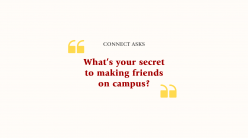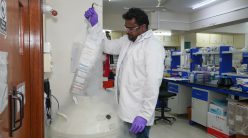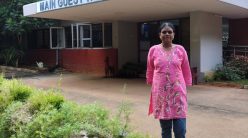Students share life lessons from internships abroad

When Mrigank Pawagi set foot outside the Chicago airport in May 2024, he didn’t anticipate the ordeal ahead. A second-year BTech in Math and Computing student at IISc, Mrigank was in the USA for his summer internship at the University of Illinois Urbana-Champaign (UIUC). Tired from his long transit, he had a fresh quandary when he reached campus. His accommodation plans had fallen through.
“It seemed sorted before I went,” he recalls. However, once he reached the States, Mrigank and the hosts could not find a middle ground regarding some terms in the agreement. He was stranded. Ultimately, he had to call upon a 2017 IISc alumnus at UIUC for a temporary housing arrangement. It took him a week of constant searching to eventually find an empty apartment.
Mrigank is one of the many undergraduate students who travelled to foreign lands for the summer as part of internship programmes. Staying in an alien environment and away from their comfort zone where things don’t always go as planned, they are left to use their guile and nous to navigate the challenges that come their way.
But, many students say, it is a quest worth taking. The learning and experience are invaluable. “It broadened my horizon,” admits Aviral Sood, a third-year BSc (Research) student, who went to Australia for his internship this year. “I became less anxious about my academic future.”
‘‘[Summer internship] broadened my horizon. I became less anxious about my academic future’
Bed and Butter
The first and most important challenge is to find a space to stay for the duration of the internship – a place to call home. Mrigank’s struggle is not unique. His batchmates experienced the same in their travels too. Mid-layover in Dubai, Nikshay Chugh and his friends were notified that their hotel booking in Dublin was cancelled. If the Irish immigration authorities were to find out, the students wouldn’t have been allowed to enter the country without accommodation. When they stepped off the plane, they were quite scared. Thankfully, the authorities had not been updated, and they cleared immigration. Now, they had to dip into their limited funds to find a place to sleep.
Finding food was yet another challenge.
“In Germany, you have your non-vegetarian food, and then you have vegan food,” explains Debadrito Roy, a third-year BSc (Research) student at IISc. “Vegetarian options are definitely available, but they are limited,” adds Anubhav Srivastava, his batchmate.
Interestingly, while searching for local culinary delights, they learned that very little of Germany’s cuisine is original and borrows heavily from other cultures. Soumyadeep Sarma, Debadrito’s batchmate who was doing his internship at the Max Planck Institute for Solid State Research, Stuttgart, couldn’t find anything other than brot, doner kebabs, and schnitzel. Groceries bamboozled him, made worse by the exchange rates. Eventually, he resigned himself to eating dal-roti for dinner every day.
Finding the right food was harder in Japan where Abhinanda Ghosh, a first-year BSc (Research) student, was left to depend on Google Translate to read and understand food labels. Most food items, she swiftly realised, had elements alien to her taste buds. It was an exciting discovery that set her on a path to explore Japan’s culinary delights. However, being on a budget, the adventure proved challenging as the tastes were as novel as they were expensive.
The challenge was harder for her vegetarian and vegan companions at Niigata University’s Field Training programme. They had to search for food that was free from bonito flakes or any kind of non-vegetarian ingredients. “The vegetarians had a lot of onigiri (Japanese rice balls wrapped in seaweed).” They soon found the choices to be more varied than they thought. “For me, it was the co-op bakery food. If you find nothing else, you stock it up and eat it. Since it was in the university, it was quite economical,” she adds.
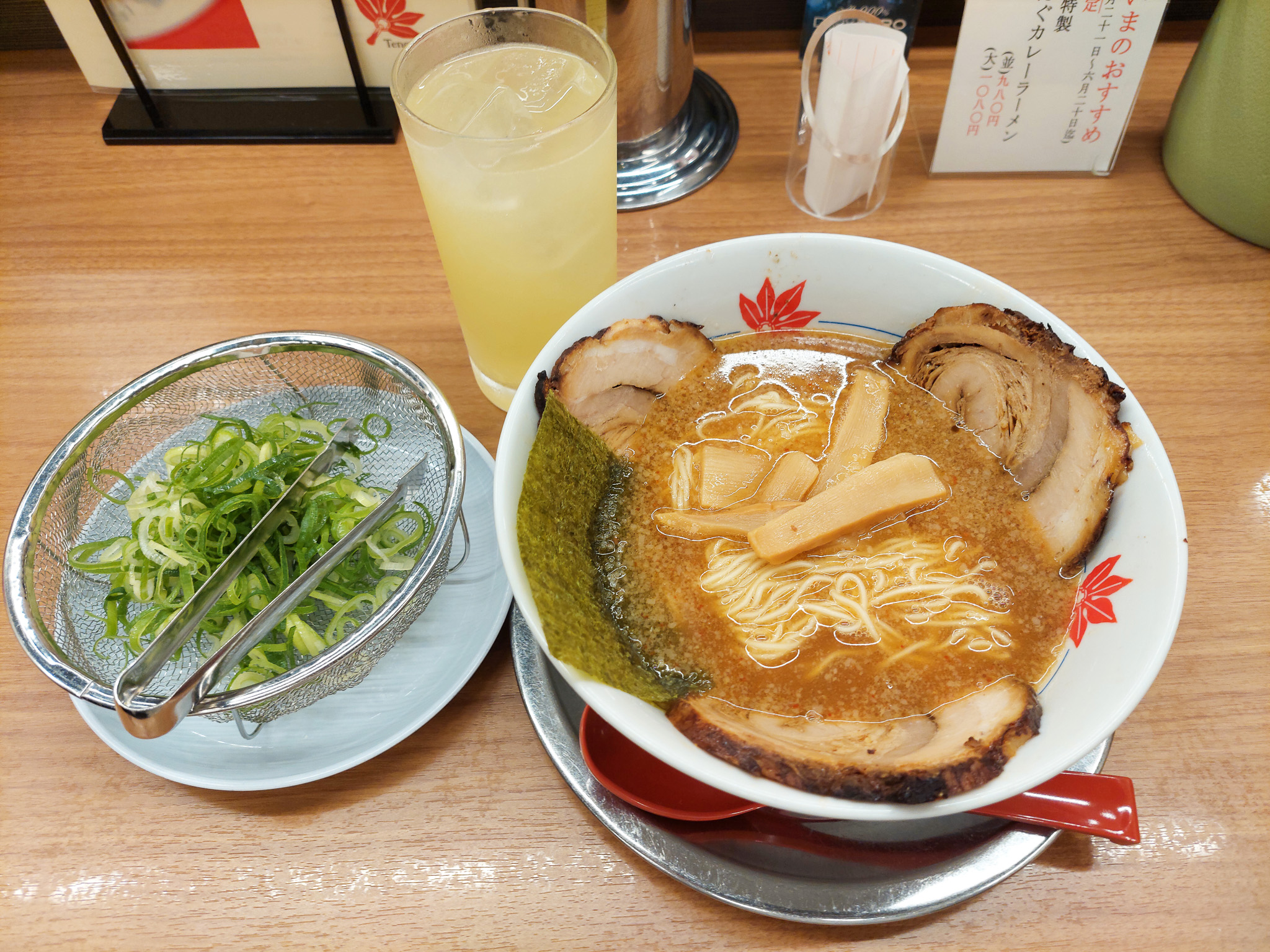
Brückentag, and other surprises
Internships and visits abroad also allow students to learn about a different culture. One Friday, Debadrito went to his host university, the University of Regensburg, only to find the entire floor empty. After a few hours, concerned that no one was showing up, he called his colleagues. “This day is between two holidays, why would we be coming in?” his coworker asked quizzically.
It was Brückentag, an off day taken between two holidays or a holiday and a weekend to make it an extended break. That Thursday was a state holiday and everyone had brückentag’d on Friday. It was very common in Germany, Debadrito learned. He also learned to never disturb Germans on holiday. “They focus a lot on work-life balance and having breaks between work. It made working more enjoyable,” he explains. “On Sundays, everything is closed. If you forget to stock up on groceries beforehand, you might be left with nothing.”
‘The Germans focus a lot on work-life balance and having breaks between work. It made working more enjoyable’
The German transport system threw up some surprises as well. While returning to Regensburg after visiting Soumyadeep at Stuttgart, Debadrito booked tickets for the 6 pm train. But the train was cancelled. “An entire part of the train line got burned down,” he recalls. That was the last train to Regensburg, so Debadrito changed his plans and decided to head to Munich instead and spend the night with his friend there. The train to Munich was also delayed by four hours. “Sometimes they delay the train because there is a cat on the train line and nobody is equipped to handle a cat, apparently,” he says, with a shrug.
There was also an instance when the train app notified him that a bomb had been found on the track. “These are bombs from World War II lying dormant in random parts of the city. Sometimes, these bombs end up on the train line,” he explains. “Professionals then come at their convenience to decide if they should defuse it or not. This is normal in Germany.”
What adds to the difficulty of navigating these challenges is the language barrier. “It’s quite difficult, especially in some parts of Bavaria, where they speak German exclusively,” Debadrito says. However, in major cities and universities, not knowing the language wouldn’t be a barrier, Anubhav and Soumyadeep clarify.
In Japan too, language was a major stumbling block. “We had to communicate with the local people at the marketplaces and convenience stores or read the signs. Since English is not a very popular language there, and since we did not have any idea of Japanese, communication was an issue,” Abhinanda explains. “It was a lot of dependence on Google Translate to understand what the road signs meant, what the product labels meant, and so on.”
‘In Japan, it was a lot of dependence on Google Translate to understand what the road signs and product labels meant’
There were also more nuanced and systematic challenges. Chethana R Nair, a third-year BSc (Research) student, was spending her summer at the University of Texas, Austin in the USA. The people were kind and friendly but she found it hard to wrap her mind around the tipping culture in restaurants. “They expect a tip of around 10-20% of the price,” she exclaims.
Across the Pacific, Aviral was taken aback by the generosity of people in Australia. “If a car sees that you might even want to cross the road, they’ll stop. And it creates a lot of awkward standoffs where you are looking at the driver and the driver is looking at you and you’re deciding whether you want to cross the road or not,” Aviral says, laughing.
Aviral also found their banter, particularly against Indian cricket, endearing. “Each time you have a meeting, the programme administrator would drop one joke about Australia winning against India,” Aviral says. “But we won the T20 World Cup while I was there.” It was 4.30 am in Canberra when India won the World Cup and Aviral and his Indian friends were celebrating in their apartments. “That was our moment of victory,” he chuckles.
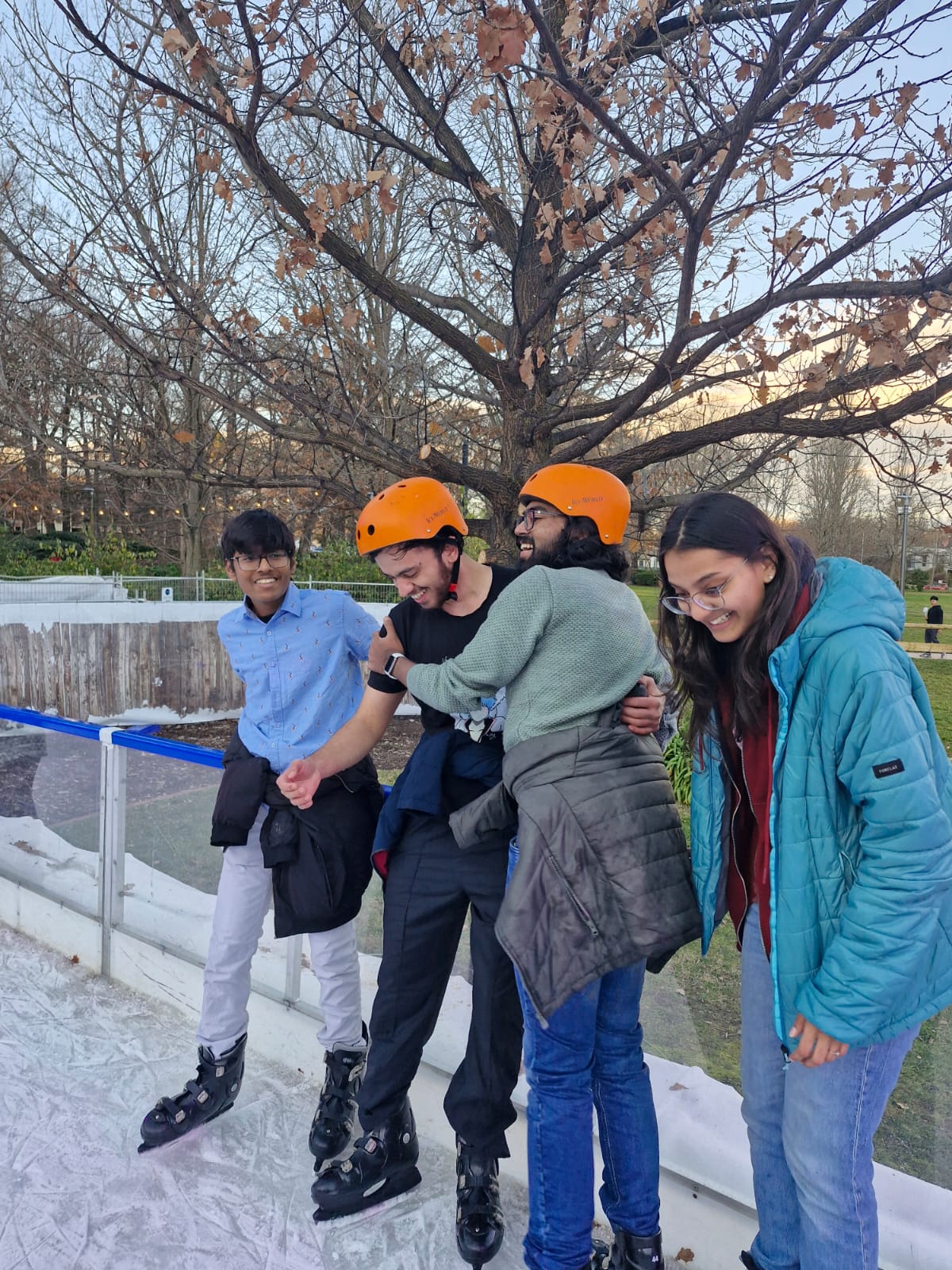
New horizons
Like most experiences, a summer internship abroad comes with both perils and perks. “There is a tradeoff between doing internships at your university and abroad. In local internships, you can continue your work and publish some papers. But foreign internships give you strong letters of recommendation,” explains Sidak Singh Grewal, a second-year undergraduate who went to Kyoto University for his biophysics summer internship. “An internship abroad really adds to your CV,” Chethana adds.
For third-year students, scholarships helped put their minds at ease. The trio in Germany got the DAAD-WISE Scholarship. Chethana was honoured with the Khorana Programme for Scholars Scholarship while Aviral received Australian National University’s FRT Award. However, it was a struggle for the second-year students. Neither the Dublin crew nor Mrigank or Sidak received any formal scholarship, but they received funding from their host universities or IISc.
From coding to using robotics in biophysics projects to researching evolution and searching for fossils, the experiences were rich with learning and stories
The students also got to work on many interesting projects during their internships. Mrigank was part of a project translating whole computer programs from one programming language into another. He worked on developing a framework to validate the translations. All three undergraduates in Germany tackled various problems in condensed matter physics. Chethana focused on understanding the contribution of Neanderthals in the human genome. Aviral worked on understanding the properties of a geometric evolution equation on closed curves called the Curve Shortening Flow.
Sidak had his hands full with his biophysics project, his skills in robotics helping him explore underutilised machinery in the lab. “I was given full access from day one, to do whatever I wanted to. They said: ‘All the equipment is yours,’” he recalls. He tinkered with the equipment, trying to automate lab processes. He even built a fully autonomous system with a robotic arm and computer vision algorithms that prepared and studied microtubule samples.
Nikshay and his friends represented India at the theoretical physics competition PLANCKS, hosted by Trinity College, Dublin. They were a group of eight students in two teams. The seven-day programme was filled with lectures, talks, and presentations. “The second day featured talks from leading faculty members across the world and three Nobel laureates,” explains Abhishek Kundu, Nikshay’s teammate. The two teams finished in the 7th and 11th places.
Abhinanda’s work was more explorative. “A large part of it involved studying sedimentary basins of Niigata,” she elaborates. From searching for fossils to climbing up the Yake-Yama volcano, it felt like an adventure, with “lots of amazing experiences,” she says. “I never thought that I would find a fossil myself and hold one [in my hands].”
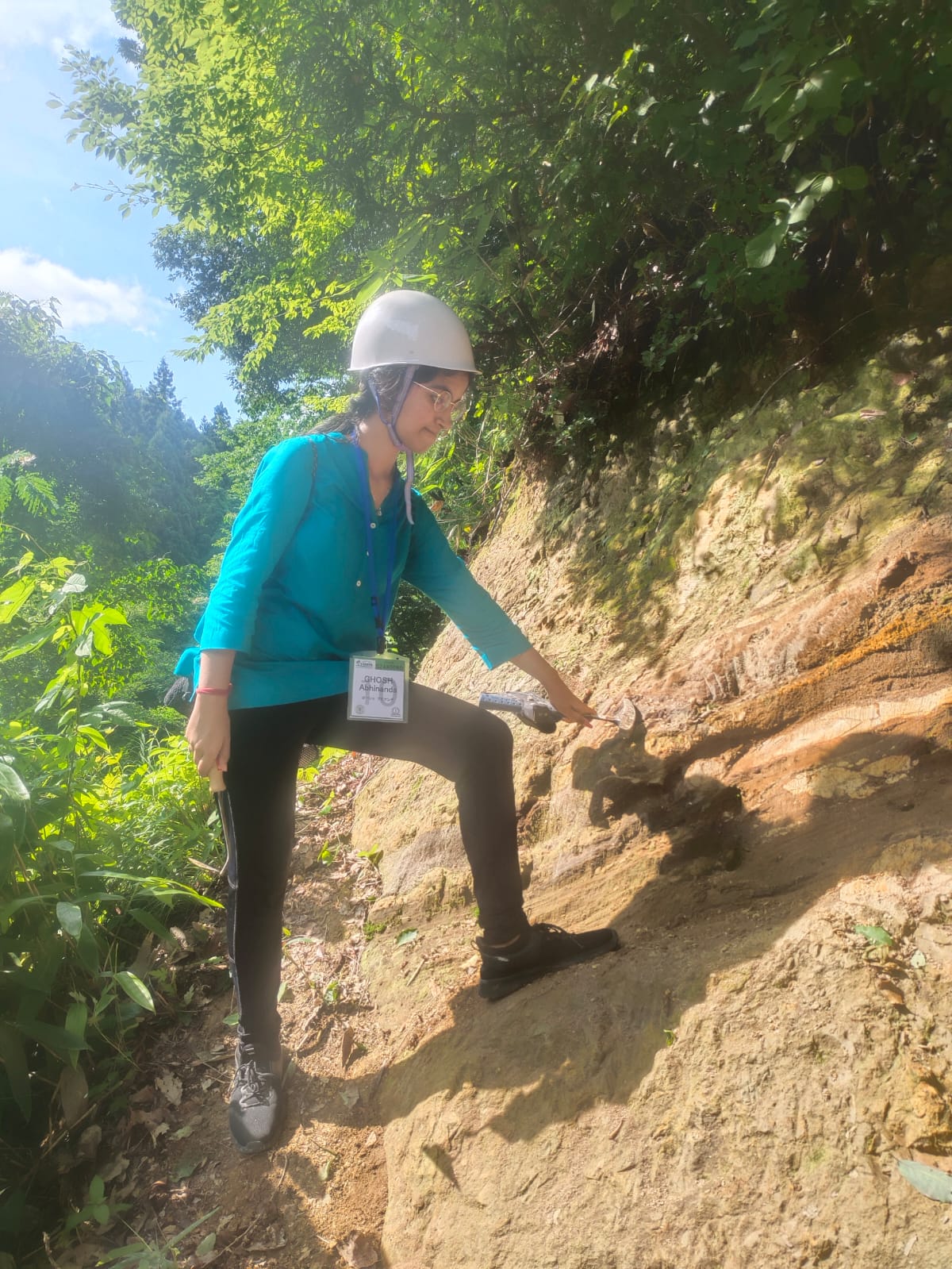
N.B. The educational qualifications of the students mentioned in the story are reported as of summer 2024.
Aishik Nath is a second-year Bachelors in Science [Research] student at IISc and a science writing intern at the Office of Communications.
